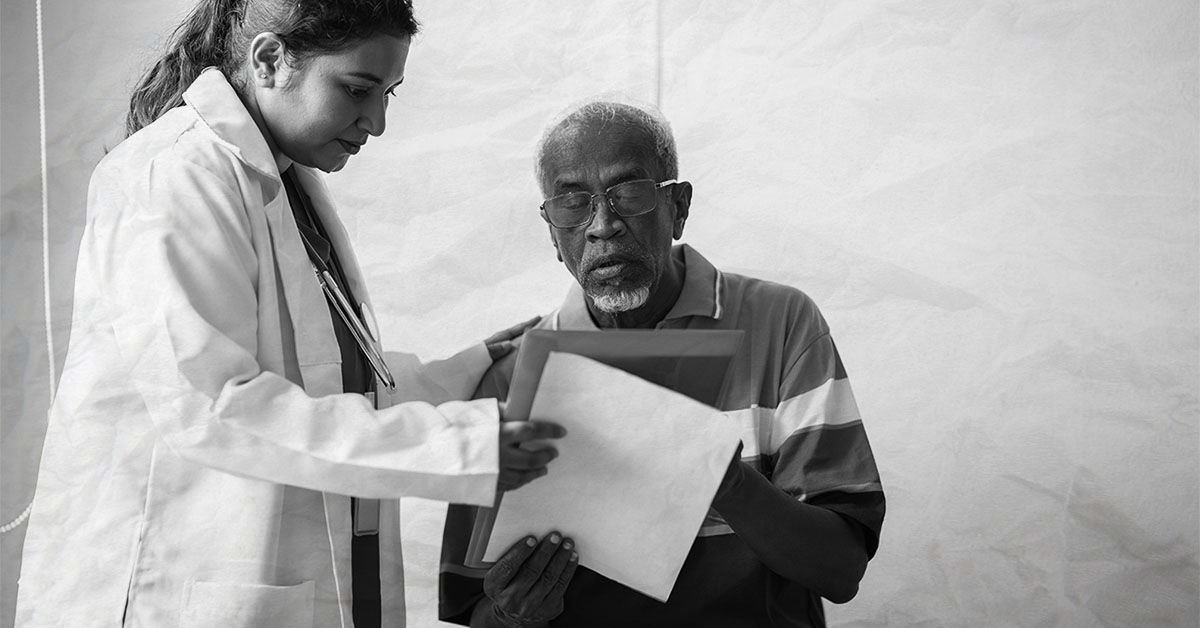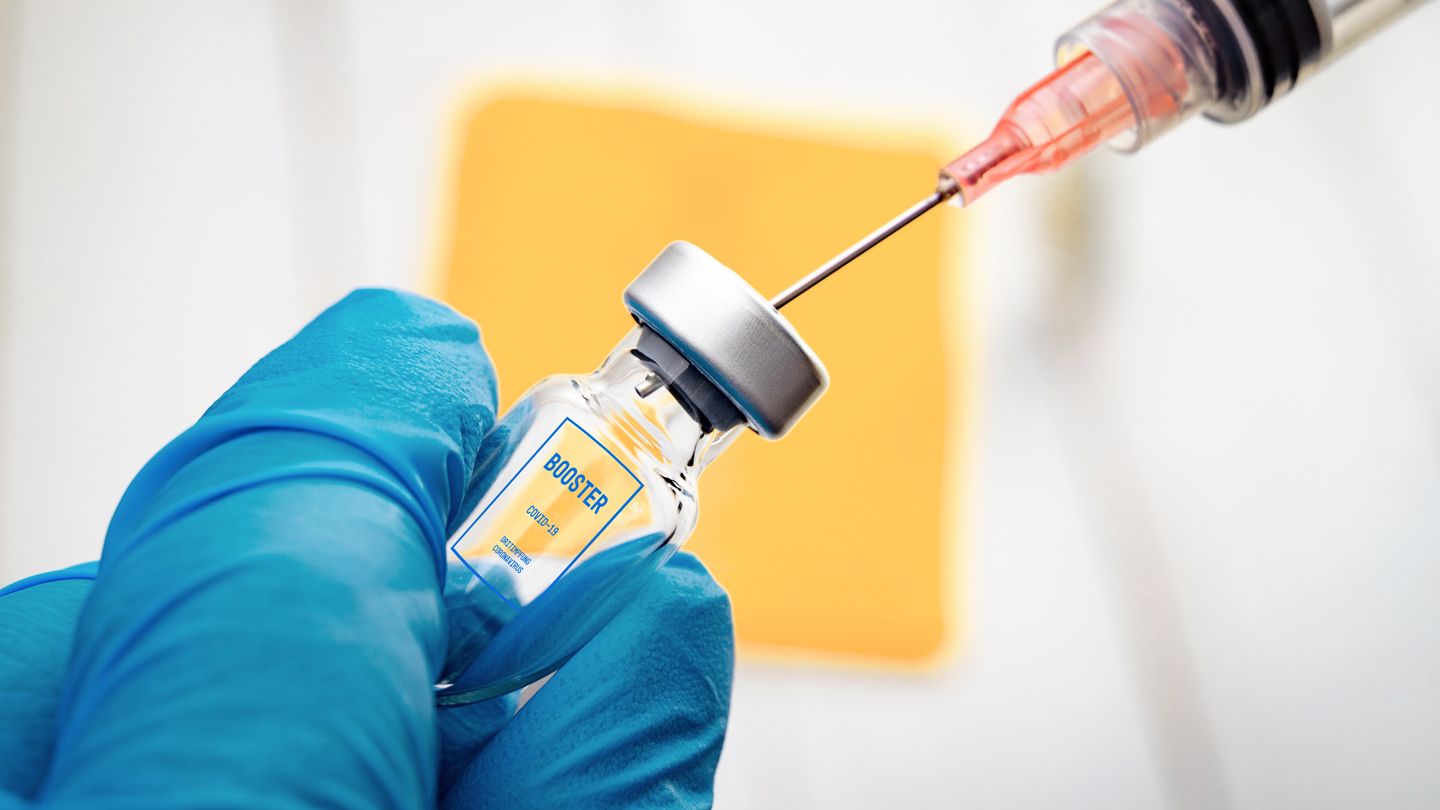The Impact of Humira on the COVID-19 Vaccine Response
The COVID-19 pandemic has raised many questions and concerns for people with autoimmune conditions like rheumatoid arthritis. Especially when it comes to the COVID-19 vaccines. A major area of uncertainty has been around how certain medications, like the popular rheumatoid arthritis drug Humira, could impact the immune response to the vaccines.
Humira is a tumor necrosis factor (TNF) blocker that works by suppressing the immune system. It helps prevent joint inflammation and damage in rheumatoid arthritis. However, there have been worries that using Humira and other similar drugs could blunt the body's vaccine response.
Fortunately, emerging research indicates that most people taking Humira and other TNF blockers mount an adequate immune response after COVID-19 vaccination. But the data also shows that some immunocompromised patients, especially those on multiple immunosuppressants, may require an additional dose.
Do TNF Blockers Like Humira Reduce the COVID-19 Vaccine Response?
Several studies have now examined the COVID vaccine immune response in people using TNF inhibitor medications like Humira, Enbrel, Remicade, Simponi, and Cimzia. The results offer reassurance that these drugs do not completely suppress the body's ability to generate coronavirus antibodies.
For example, a 2021 study in Annals of Rheumatic Diseases looked at 232 rheumatoid arthritis patients on TNF inhibitors. Around 90% of the participants developed an adequate immune response after two doses of the Pfizer or Moderna mRNA vaccines.
The findings were similar in a Journal of the American Medical Association study examining 133 people on TNF blockers. After two doses, over 80% of the group had detectable COVID antibodies. The levels were lower than in immunocompetent controls but still considered a positive vaccine response.
More recently, a February 2022 study in Arthritis & Rheumatology investigated the vaccine response in over 5,000 rheumatoid arthritis patients. The research found that those using TNF inhibitors like Humira had a 17% lower antibody response than the general population. But the large majority still developed measurable antibodies.
Why Additional Doses May Be Needed for Some
While most data indicates people on Humira and similar TNF drugs mount an immune response to the standard two-dose mRNA vaccine series, their protection may be reduced compared to the general public.
There are a few reasons why this population may have lower COVID antibody levels after vaccination:
- The TNF blocking drugs directly suppress certain immune cells involved in antibody production.
- Many rheumatoid arthritis patients are older, which can weaken the vaccine response.
- Some patients are on multiple immunosuppressive medications, which can have an additive effect.
To address this, major rheumatology organizations like the American College of Rheumatology and the British Society for Rheumatology recommend a third primary vaccine dose for moderately to severely immunocompromised patients.
This includes those on medications like:
- Humira
- Enbrel
- Remicade
- Rituximab
- Mycophenolate
- Cyclosporine
- Cyclophosphamide
An extra dose helps compensate for the blunted immune response in these individuals. Studies show that a third dose boosts COVID antibody levels in immunocompromised rheumatoid arthritis patients on medications like Humira.
Booster Doses Also Recommended
In addition to the three initial shots, regular COVID-19 booster doses are recommended for those on Humira and similar drugs. Boosters help push antibody levels back up as immunity wanes over time.
The CDC currently advises the following schedule:
- 3 primary vaccine doses
- 1st booster at least 3 months after 3rd primary dose
- 2nd booster at least 4 months after 1st booster
However, some doctors may customize the booster timing for individual patients based on their medication regimen. Speak to your rheumatologist about the ideal booster plan for your situation.
Continue Taking Humira as Directed
It's understandable to have concerns about medications like Humira reducing your COVID vaccine response. However, the evidence so far indicates you will likely still produce protective antibodies - although possibly at lower levels than the general public.
The key is not to stop or alter your rheumatoid arthritis treatment in hopes of improving vaccination immunity. Doing so will likely lead to arthritis flares and potentially enable joint damage. It can also increase COVID-19 risks by allowing uncontrolled inflammation.
Studies clearly show that continuing Humira and other arthritis drugs as prescribed does not prevent an antibody response to vaccination. An extra dose or two is generally all that's required to optimize immunity. Your rheumatologist will guide you on the best vaccination plan for your situation.
Vaccination Gives Important Protection
While no vaccine is 100% effective, the COVID-19 shots provide substantial protection - even for immunocompromised patients on medications like Humira. Multiple studies report a significantly lower risk of infection, hospitalization, and death in vaccinated rheumatoid arthritis patients compared to the unvaccinated.
For example, a 2022 study in Lancet Rheumatology of over 20,000 arthritis patients found two doses provided:
- 77% protection against COVID-19 infection
- 92% protection against COVID-related hospitalization
So even if your antibody levels are lower than average, vaccination still gives meaningful protection. When combined with other precautions like masking and social distancing, the shots are an important tool to minimize your COVID-19 risks.
Vaccination Tips for Humira Users
If you use Humira or other TNF blocking rheumatoid arthritis drugs, here are some tips for getting the most protection from COVID-19 vaccination:
- Don't pause or alter your medication schedule. Continue Humira as prescribed.
- Talk to your doctor about getting three primary vaccine doses instead of two.
- Discuss a booster plan tailored to your individual situation.
- Get each dose as soon as eligible for maximum protection.
- Consider antibody testing 1-2 months after your final dose to confirm an immune response.
- Maintain precautions like masking and distancing since protection may be reduced compared to healthy people.
With the right vaccination schedule and sensible precautions, those using medications like Humira can stay as safe as possible from COVID-19. Getting the shots is critical since rheumatoid arthritis itself elevates infection risks. By following your rheumatologist's recommendations, you can feel confident knowing you've taken key steps to protect yourself during the pandemic.
FAQs
Does Humira lower COVID antibody levels after vaccination?
Studies show Humira and other TNF inhibitor drugs may lower antibody levels somewhat compared to the general public. But most patients still develop an adequate immune response according to measurements.
Should I stop taking Humira before getting the COVID vaccine?
No, do not alter your Humira schedule. Stopping the medication could lead to arthritis flares and increased COVID risks. Studies show continuing Humira as prescribed does not prevent developing antibodies after vaccination.
How many COVID vaccine doses are recommended with Humira?
Most experts recommend immunocompromised patients on Humira receive three primary vaccine doses instead of the standard two. Boosters are also advised every 3-6 months depending on individual factors.
Will vaccination completely protect me on Humira?
No vaccine is 100% effective, but studies show the COVID shots provide substantial protection even if antibody levels are lower. Precautions like masking and distancing are still important.
Should I get antibody testing after vaccination on Humira?
Antibody testing can be considered 1-2 months after your final vaccine dose. It will confirm if you mounted an adequate immune response. If levels are low, your doctor may recommend an additional booster shot.
Disclaimer: This article is for informational purposes only and does not constitute medical advice. Always consult with a healthcare professional before starting any new treatment regimen.
Related Coverage
Right-sided rib and back pain often links to muscle strains, but may signal pancreatitis, shingles, kidney stones, or other serious conditions requiring prompt diagnosis....
Runny or watery lotion can seem defective but lightweight gel moisturizers have benefits. Learn what causes thinning lotions and how to use them effectively....
Explore using ingredients like chamomile, peppermint, ginger, turmeric, and corydalis to make custom herbal tea blends that provide natural pain relief without medications....
Bulgur wheat's fiber, protein and antioxidants can help reduce painful rheumatoid arthritis inflammation. Learn simple ways to cook and enjoy this nutritious grain....
Discover the anti-inflammatory benefits of celery and how the Omega Celery Juicer can help you harness its powerful compounds to fight rheumatoid arthritis joint pain and inflammation....
Rheumatoid arthritis autoimmune disease causes joint pain, fatigue, and inflammation. Learn how it affects the body and treatment options available....
Balance balls allow those with rheumatoid arthritis to strengthen legs and core in a joint-friendly way. Learn proper form, sample exercises, and safety tips for incorporating balance ball leg raises....
Methotrexate for autoimmune disease raises infection risk. Learn evidence-based ways to nourish immunity with nutrition, sleep, stress relief alongside this RA and arthritis medication....
Discover how using an ice pack can effectively alleviate the pain and discomfort associated with hip bursitis. Learn about the benefits of ice pack therapy and how to use it correctly for maximum relief....
Research suggests certain herbal teas like green tea and turmeric tea may aid gout management by reducing inflammation and uric acid when paired with diet, exercise, and conventional treatments....









